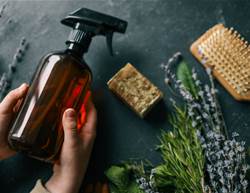Crisp winter days are for wrapping up in woolly coats and sipping on steaming cups of tea. But the chilly air and wind may have some consequences for your skin as the cold weather settles in.
“Our skin is like an external guide of what our internal health looks like. What you consume and what you do to your body—your skin is a manifestation of that,” says dermatologist Dr Jessica Weiser. “People who consume a lot of sugar, fatty foods, or things that will accelerate the ageing process will break down collagen more quickly and have skin that’s more lacklustre.” Yikes.
The good news is that there are tons of great foods available to help you make a summertime glow last long all year round. Think farm-fresh, super-ripe fruits and veggies, and healthy fats. Weiser also suggests cutting back on sugar too because it can speed up skin ageing, cause more wrinkling, and just make your skin look downright dull. (And yes, that includes alcohol too, she says.)
Along with slathering on the sunscreen year-round (Weiser recommends a zinc-based product), adding these seven foods to your diet will give you fresh and glowing skin 365 days a year.
(Want to pick up some healthier habits? Sign up for FREE to get healthy living tips, weight loss inspiration, slimming recipes and more delivered straight to your inbox!)
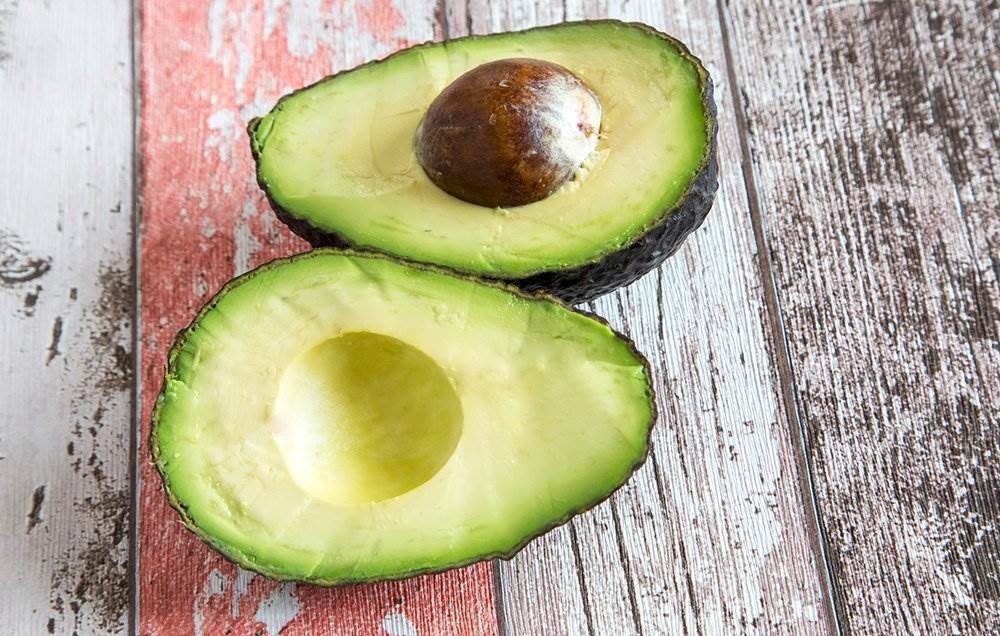
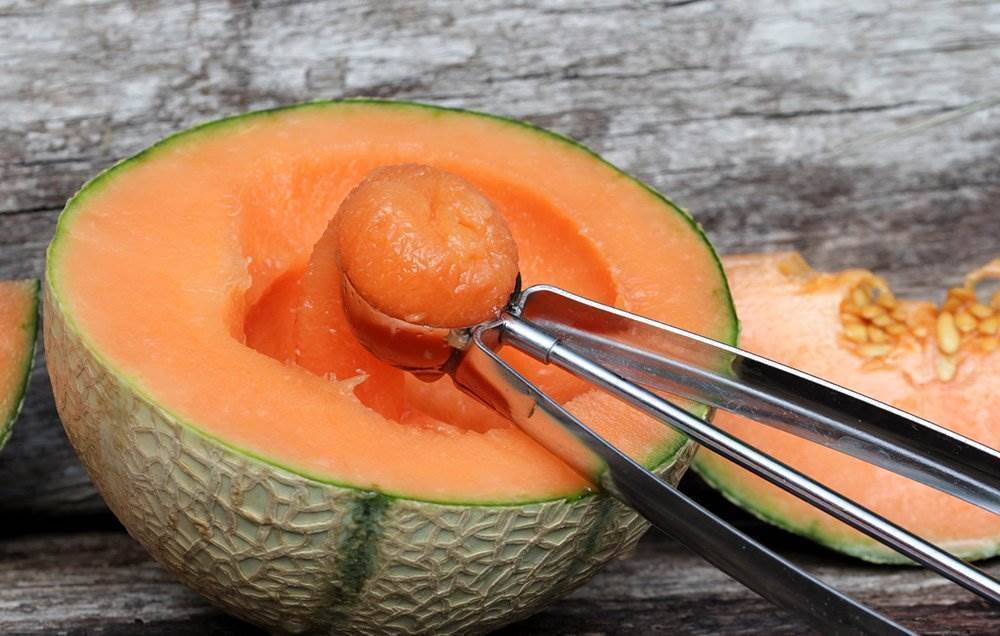
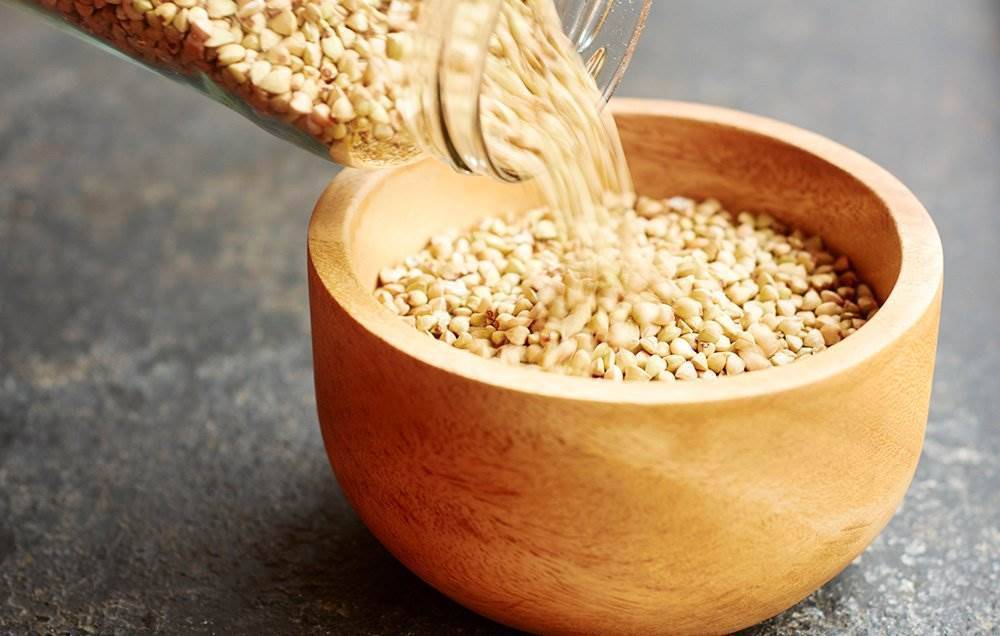
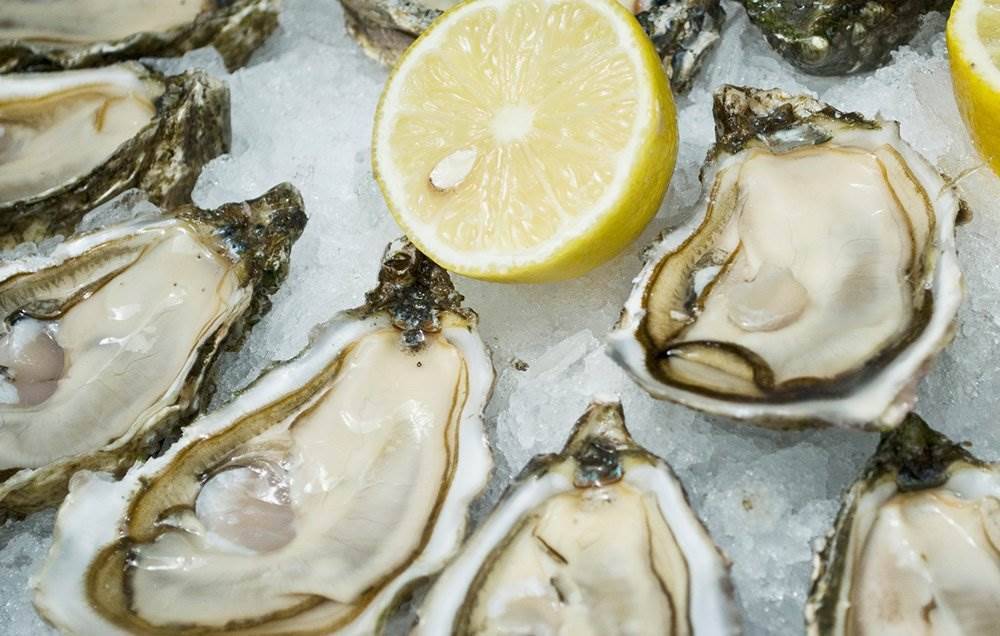
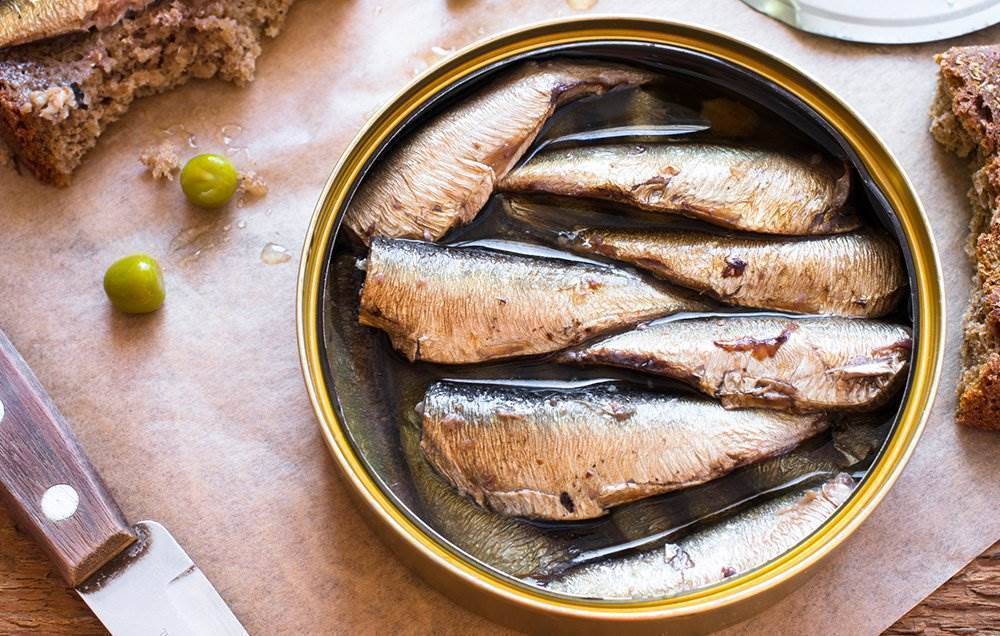
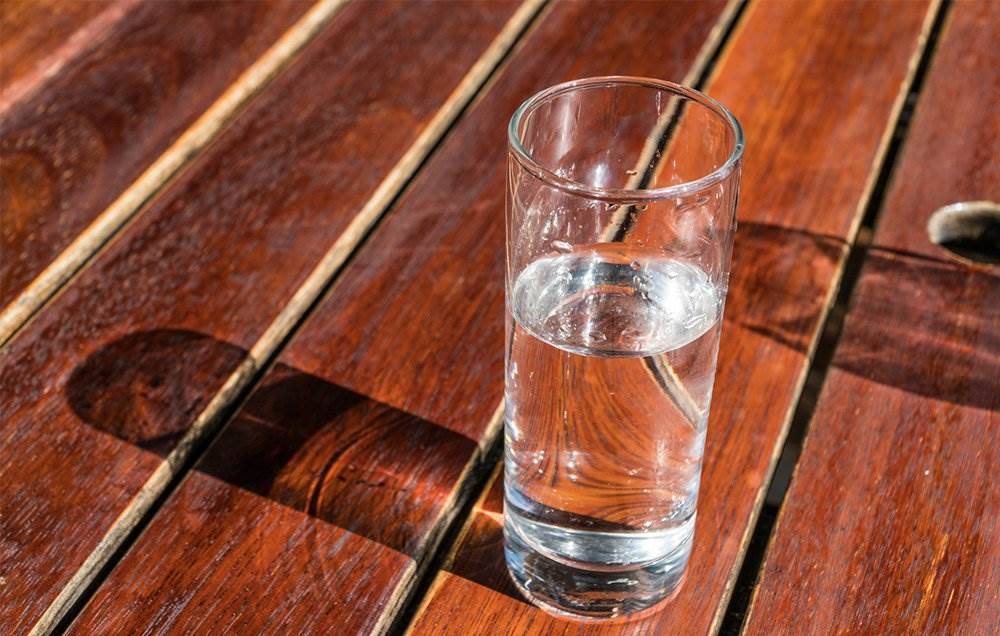
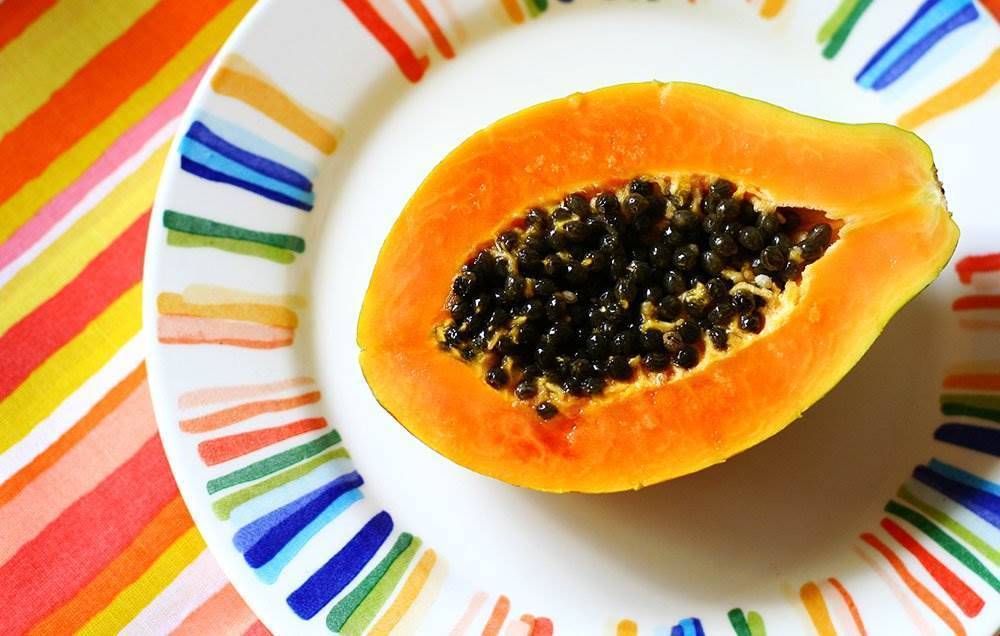
Avocado
Here’s another reason to love your avocado toast. “Avocados will give you high levels of vitamin E, which will reverse free radical and oxidative damage to the skin. It also has healthy oils, which help lubricate and maintain better hydration of the skin,” says Weiser. “It will make the skin glow and look more fresh without clogging the skin. Carlucci says that some studies have even shown that vitamin C and vitamin E in combination help protect against UV damage.
Rockmelon
>A juicy, ripe rockmelon is a refreshing treat any day. Not only does it satisfy your sweet tooth, it’s a great source of beta-carotene. “It’s an antioxidant that helps protect our bodies from potentially damaging free radicals,” says Carlucci. “Our bodies convert beta-carotene into vitamin A, which helps with the growth and repair of body tissues like the skin.”
Hemp Seeds
While you might think that oils and oily food aren’t good for your skin, they can actually be your skin’s best friend. “Healthy oils found in hemp seeds draw hydration to the skin and repair the skin barrier that can be damaged so easily by wind, sand, and saltwater,” says Weiser. They also contain alpha-linolenic acid, a member of the omega-3 fatty acid family, which Weiser says we should consume more of to balance out the ratio of omega-3 and omega-6 fatty acids in our diet. “You want to make sure you’re not getting too much of one or the other,” she says. “We do find that if you increase your omega-3 consumption, you tend to balance your skin and body better.”
Shellfish
You’ve probably noticed that zinc is a key ingredient in sunscreen. Aside from its UV blocking super powers, Carlucci says that it supports wound healing and can help prevent cell damage. Not sure where to get your fill of this key mineral? Weiser says that shellfish is one of the best sources of high quality zinc. Oysters anyone?
Sardines
Sardines probably aren’t the first thing you reach for when it comes to skin health but Weiser says it should be on your list. “It contains DMAE or dimethylaminoethanol. We use it a lot in skin-care products because it’s helpful for collagen synthesis. It also helps draw water to the surface,” she says. Not to mention, sardines are also a great source for omega-3 fatty acids and calcium.
Water
Okay, so water isn’t a specific food but don’t forget to drink up, especially in winter when heating can dry out the atmosphere. “Proper hydration is essential for health in general, but dehydration can be seen on your skin,” says Carlucci. “Well-hydrated skin looks firmer and healthier.” Carlucci says to sip water throughout the day and take advantage of water-packed produce like watermelon and cucumbers.
Papaya
Papaya is a go-to ingredient for many skin-care products from face scrubs to masks. But you should eat the fruit too to get your fill of vitamin C. “It’s a potent antioxidant that you want to reach for year-round. [Vitamin C-rich food] will give you more protection from free radicals which can damage cells,” says Weiser. Vitamin C can also help repair your skin tissue. “It is a key nutrient needed to make collagen, which is a protein that gives skin its strength and elasticity, says dietitian Tina Gowin Carlucci.








